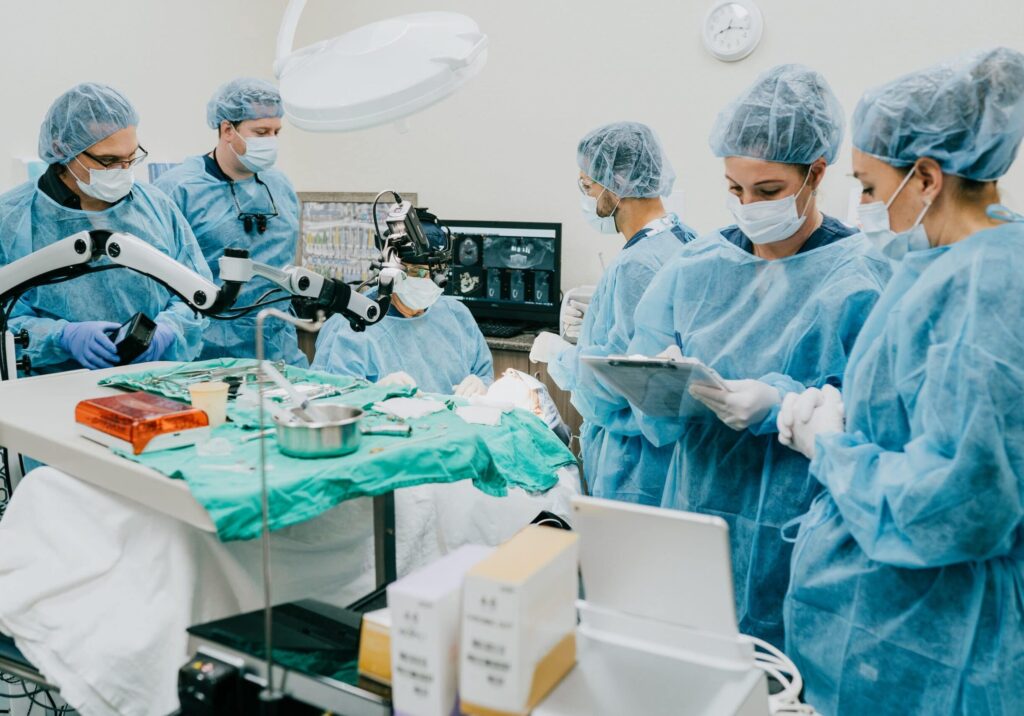

Welcome to OROMAX ! Today, we’re delving into the world of oral surgery—a specialized field of dentistry that addresses a range of dental issues requiring surgical intervention. Oral surgery is a crucial component of dental care, and understanding its various procedures can help alleviate any concerns you may have. In this article, we’ll explore the importance of oral surgery, common procedures performed, and how they can enhance both your dental health and your smile.
Oral surgery encompasses a broad spectrum of procedures designed to treat complex dental conditions that cannot be resolved through non-invasive methods alone. Whether it’s removing impacted wisdom teeth, treating dental infections, or addressing jaw-related issues, oral surgery plays a vital role in restoring oral health and ensuring overall well-being.
Wisdom Teeth Extraction: One of the most common oral surgeries is the extraction of impacted wisdom teeth. Wisdom teeth, or third molars, often don’t have enough space to emerge properly, leading to pain, infections, and other complications. Oral surgeons carefully remove these teeth, often under local or general anesthesia, to prevent further issues and preserve the surrounding teeth.
Dental Implant Placement: For patients with missing teeth, dental implants are an excellent long-term solution. Oral surgeons perform the surgical placement of the dental implant—a small titanium post—into the jawbone. This post acts as an artificial tooth root, providing a strong foundation for a replacement tooth or dental crown. Dental implant surgery requires precision and expertise to ensure successful integration and a natural-looking result.
Corrective Jaw Surgery: Orthognathic surgery, commonly known as corrective jaw surgery, is performed to address various functional and aesthetic concerns related to the jaw. This surgery can correct jaw misalignment, TMJ disorders, breathing difficulties, and facial asymmetry. Oral surgeons work in collaboration with orthodontists to create a treatment plan that aligns the teeth and jaws for optimal function and aesthetics.
Treatment of Oral Pathologies: Oral surgeons play a critical role in diagnosing and treating oral pathologies such as cysts, tumors, and infections. These conditions may require surgical removal or biopsy to prevent further complications and preserve oral health. Oral surgeons utilize their expertise to ensure proper diagnosis, treatment planning, and successful removal of the pathology while minimizing impact on the surrounding tissues.
Enhanced Oral Health: Oral surgery resolves complex dental issues that may negatively impact oral health, such as impacted teeth, infections, and pathologies. By addressing these problems, oral surgery helps restore oral health and prevent further complications, allowing you to enjoy a pain-free, healthy smile.
Improved Aesthetics: Certain oral surgeries, such as dental implants and corrective jaw surgery, can greatly enhance your smile’s appearance. Dental implants provide a permanent, natural-looking solution for missing teeth, while corrective jaw surgery can correct facial imbalances and improve facial aesthetics. These procedures can boost your confidence and improve your overall facial harmony.
Restored Functionality: Oral surgeries often aim to improve the functionality of your bite, jaw, and temporomandibular joint (TMJ). Corrective jaw surgery and treatments for TMJ disorders can alleviate pain, discomfort, and difficulty in chewing or speaking. By restoring proper functionality, oral surgery contributes to better oral health and an improved quality of life.
Oral surgery is an integral part of comprehensive dental care, providing effective solutions for complex dental issues. From wisdom tooth extractions to dental implant placement and corrective jaw surgery, oral surgeons are trained to address a wide range of conditions. By opting for oral surgery, you can improve your dental health, enhance your smile’s aesthetics, and enjoy